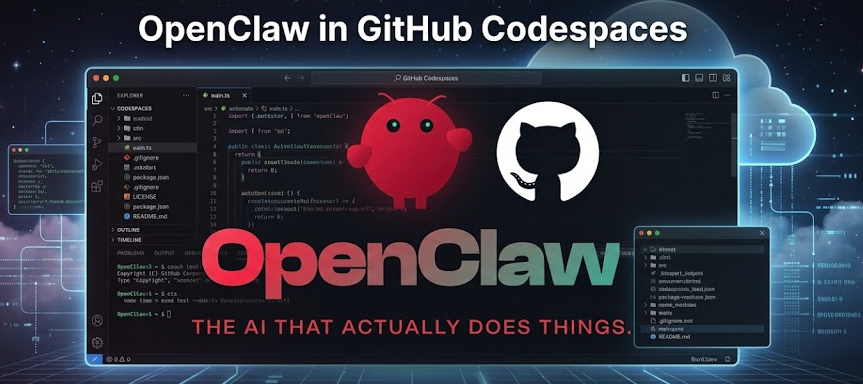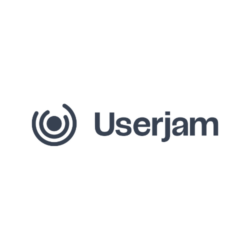Claude-Code-Multi-Agent is an open source project hosted on GitHub that aims to optimize the software development process by orchestrating multiple AI agents. It is based on Anthropic 的 Claude Code tool that utilizes multi-agent collaboration to help developers efficiently complete tasks such as code writing, debugging and testing. The project reduces manual operations and improves development efficiency by automating task assignment and parallel processing. Users can use the tool in the terminal or integrated development environment, suitable for development teams that need to rapidly iterate or handle complex projects. The project emphasizes modular design, supports multiple technology stacks, and simplifies workflow management through GitHub integration.
Function List
- Coordinate multiple AI agents to process development tasks in parallel.
- Automate code writing, testing and debugging processes.
- Support for multiple technology stacks such as Python, JavaScript, TypeScript, etc.
- Integrate with GitHub to automate issue tracking, pull requests, and code commits.
- Provide a task assignment mechanism to ensure conflict-free collaboration between agents.
- Support customized proxy configuration to adapt to different project requirements.
- Monitor agent behavior in real time, providing operation logs and status updates.
Using Help
The Claude-Code-Multi-Agent requires the installation of the Claude Code CLI and configure the project environment. Below are detailed installation and usage steps to help users get started quickly.
Installation process
- Installing the Claude Code CLI
Ensure that the Claude Code CLI is installed. installation commands can be obtained from the official Anthropic documentation. You can get the installation commands from the official Anthropic documentation:curl -fsSL https://raw.githubusercontent.com/anthropics/claude-code/main/install.sh | bashThis will install the Claude Code CLI into the
~/.local/bindirectory. Make sure that path is in your environment variablePATHCenter. - Cloning Project Warehouse
Clone the Claude-Code-Multi-Agent repository locally using Git:git clone https://github.com/Prorise-cool/Claude-Code-Multi-Agent.git cd Claude-Code-Multi-Agent - Installation of dependencies
The project may require additional dependencies such astmux(for managing multi-agent sessions). Installed using Homebrew on macOS:brew install tmuxFor Linux or Windows (via WSL), use the package manager to install:
sudo apt-get install tmux # Debian/Ubuntu sudo yum install tmux # CentOS/RHEL - Configure the project environment
The project root directory contains.claudefolder for storing agent configurations and commands. Make sure that the.claude/agents/和.claude/commands/directory exists. If you need to customize the agent, copy the template file to the.claude/agents/:cp agents/example-agent.md .claude/agents/compiler
.claude/agents/in the Markdown file that defines the agent roles and tasks. - Launching a multi-agent system
Run the following command in the project root directory to start the multi-agent system:claude-code run multi-agentThis launches multiple Claude Code agents, automatically assigns tasks and starts collaboration.
Main Functions
- Tasking and coordination
The system works by.claude/commands/The command file in thestart.md) Define the task assignment logic. Users can run:claude-code run startThis command starts a multi-agent loop that automatically assigns tasks to the appropriate agent. For example.
backend-architectResponsible for designing the API.code-reviewerChecking code quality. There is no need for manual intervention by the user, the system selects the agent based on the task context. - Code writing and testing
Agents can automatically generate code and run tests. Users enter tasks via natural language:claude-code "Create a REST API for user management"The system will call the
backend-architectDesigning the API structure.spec-developerRealization code.spec-testerGenerate test cases. Test results are automatically saved to theexample_output/Catalog. - GitHub Integration
The project is supported through the GitHub CLI (gh) to interact with GitHub. Make sure to installghand complete the authentication:gh auth loginAgents can automatically create questions, submit pull requests. Example:
claude-code "Analyze GitHub issue #123 and propose a fix"The system will call the
gh issue view 123Get the issue details, generate the fix code, and submit the pull request. - real time monitoring
The system works bytmuxCreate a separate session to monitor the status of each agent. Run the following command to view the agent logs:tmux attach -t claude_agentsLog files are stored in the
logs/directory that records every operation of the agent.
Featured Function Operation
- Multi-agent parallel processing
The system supports running multiple agents at the same time (20 by default, which can be configured via the--agents(Parameter adjustment). Start the parallel task:claude-code --path /project --agents 5Each agent in the independent
tmuxrun in a session to avoid conflicts. The proxy is passed through the/coordination/in the directoryactive_work_registry.jsonCoordination tasks. - Customizing Proxy Configuration
Users can create domain-specific agents. For example, creating asecurity-auditorAgent:cat > .claude/agents/security-auditor.md <<'EOF' --- name: security-auditor description: Scan code for vulnerabilities and ensure compliance. tools: grep, mcp-gemini --- You are a security expert. Scan code for vulnerabilities and report issues. EOFThe agent is called explicitly when running the task:
claude-code "Have security-auditor scan my code" - Automated quality control
The system has a built-in quality checking mechanism where the agent runs lint and tests before the code is committed. For example:claude-code "Run code-reviewer on my latest commits"The results generate a detailed report that is saved in the
outputs/Catalog.
application scenario
- Rapid Prototyping
Developers who need to quickly prototype a web application, including the front-end interface and back-end API, can assign tasks to the Claude-Code-Multi-Agent.frontend-developer和backend-architectThe code is generated in parallel to shorten the development cycle. - Collaboration on complex projects
In large projects, multiple team members need to work on different modules at the same time. The system coordinates by proxy to ensure that each module is developed according to project standards, while automatically generating documentation and tests. - Code Review and Optimization
The development team wanted to improve the quality of the code.code-reviewer和security-auditorAgents can automatically scan submitted code, identify potential problems and suggest improvements. - Learning and experimentation
Students or beginners can use the tool to learn programming. The agent can generate instructional code, explain complex logic, and provide step-by-step instructions.
QA
- How do I make sure that proxies don't conflict?
system utilization/coordination/The locking mechanism in the catalog (e.g.agent_locks/), ensuring that each agent handles independent tasks and avoiding competition for resources. - What programming languages are supported?
Multiple technology stacks are supported, including Python, JavaScript, TypeScript, Go, Java, and more. Users can access the.claude/agents/Add a language-specific proxy to the - Need Anthropic API key?
Yes, Claude Code requires an Anthropic API key. Users need to configure the key in the terminal or get it through the Anthropic console. - How do I monitor agent performance?
utilizationtmuxView a live session, or checklogs/log files in the directory. The system also supports providing real-time updates via WebSocket (additional configuration required).

































